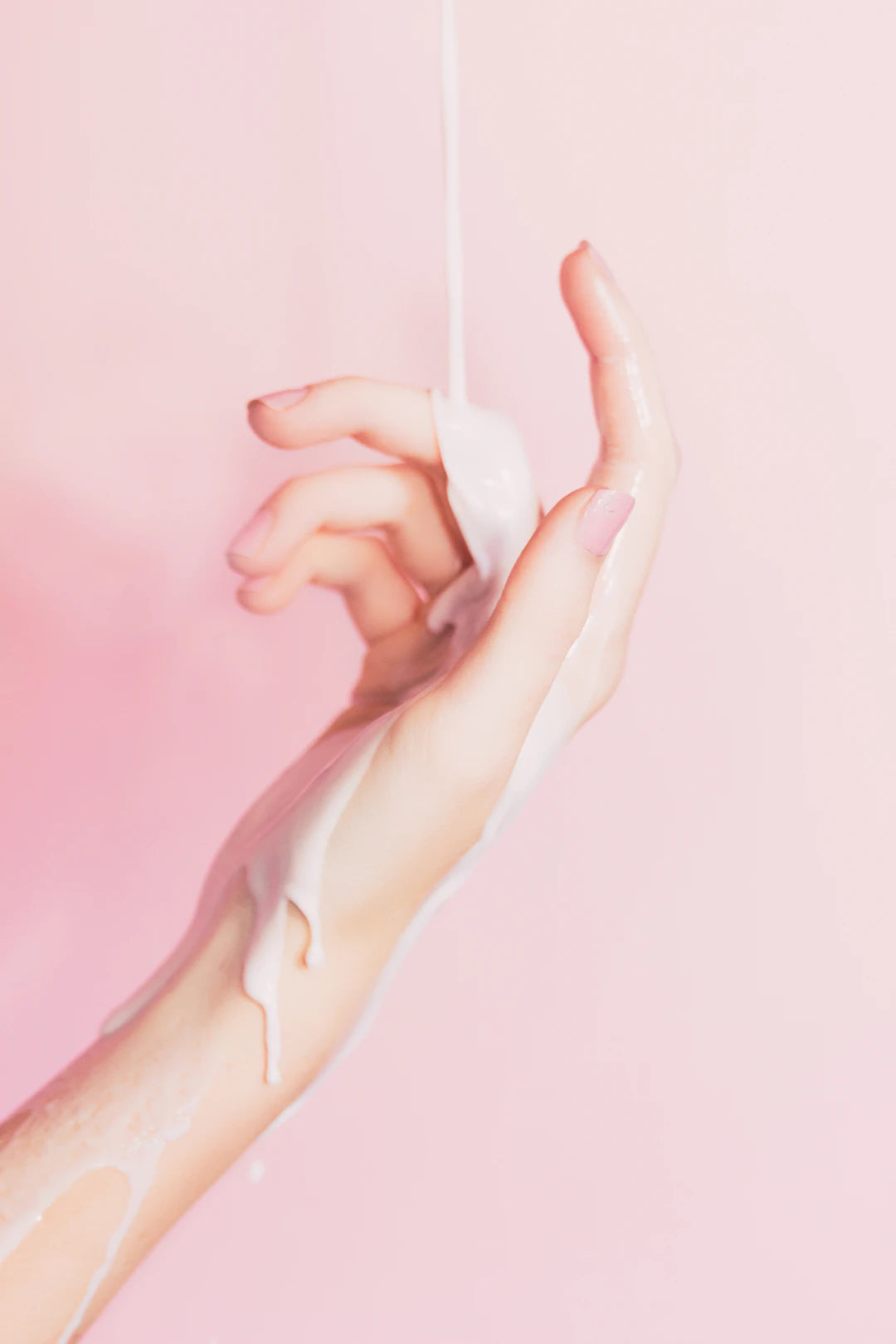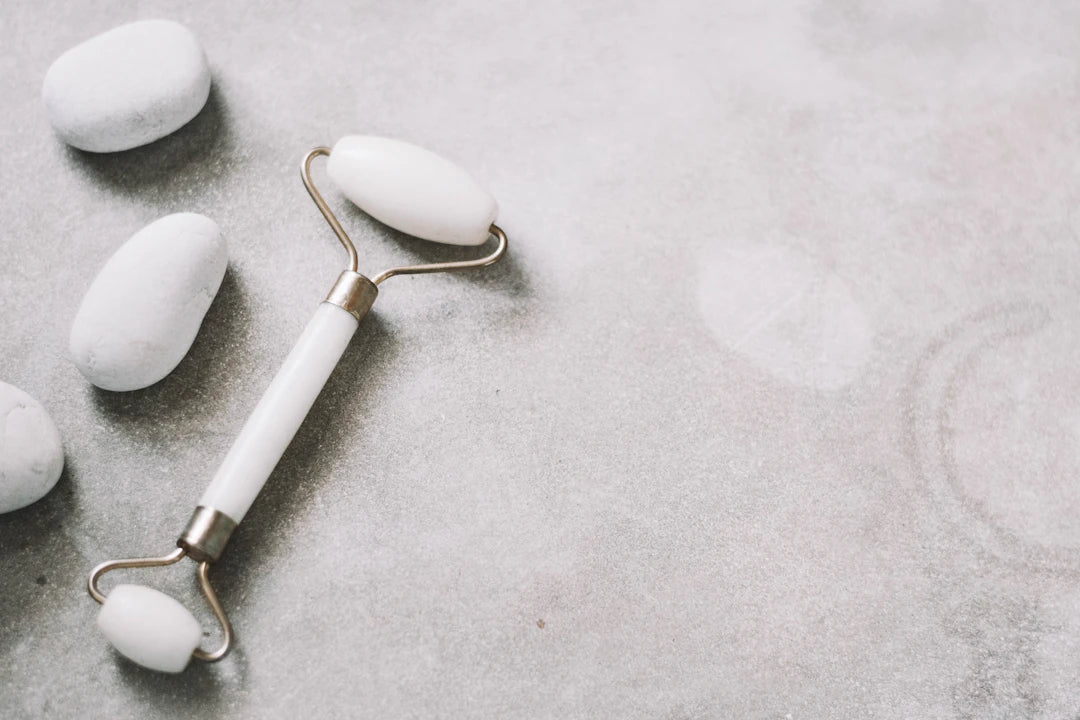Debunking Common Skin Care Myths You Need to Know

Frequently Asked Questions
1. What are some common misconceptions about skin care?
2. Why is moisturizing important for oily skin?
3. Is sunscreen necessary even on cloudy days?
4. Can drinking water prevent dry skin?
5. Are facial masks a complete solution for skin care concerns?
In the world of skin care, misinformation can spread like wildfire. Many individuals turn to friends, family, or even the internet for their skin care advice, often leading to common myths being perpetuated. These myths can cloud judgment on essential practices that could result in healthier, more vibrant skin. In this blog post, we will delve into some of the most common skin care myths, helping you separate fact from fiction—and perhaps providing you with better skin care decisions. Get ready to bust these myths!
Myth 1: More Expensive Products Are Always Better
One of the most pervasive myths is that price equals quality. While it's true that some expensive products may contain higher-quality ingredients or better formulation processes, this isn't universally applicable. In fact, many affordable brands offer excellent products that can effectively meet your skin's needs. When choosing skin care, always consider:
- Ingredient List: Look for active ingredients that target your specific skin concerns.
- Skin Type Compatibility: Products should align with your skin type (oily, dry, combination, sensitive).
- Dermatological Recommendations: Reviews or recommendations from skin care professionals can enhance selection.
Price doesn't always correlate with efficacy. Thus, always do your research rather than relying solely on the price tag.
Myth 2: Oily Skin Doesn’t Need Moisturizer
Many individuals with oily skin mistakenly believe that any kind of moisturizer will exacerbate their skin issues. However, moisturizing is crucial for all skin types, including oily skin. The misconception that oily skin does not require hydration often leads to an imbalance, causing even more oil production. Instead of skipping moisturizer, opt for a lightweight, oil-free formula that hydrates without clogging pores.
Why Moisturization Matters
Moisturizing helps:
- Maintain hydration levels.
- Prevent excessive oil production.
- Enhance skin barrier function for better overall health.
Remember, the right moisturization can support your skin's oil production while keeping it balanced and healthy.
Myth 3: Sunscreen Is Only Necessary on Sunny Days
It’s a common belief that sunscreen is only essential on bright, sunny days; however, UV rays are present even on overcast or rainy days. The reality is, UVA rays can penetrate clouds and even glass, making sunscreen a daily necessity. Frequent exposure to UV rays can accelerate skin aging and contribute to the development of wrinkles.
How to Incorporate Sunscreen into Your Routine
To maintain healthy skin, consider these tips:
- Apply a broad-spectrum sunscreen with an SPF of 30 or higher daily.
- Reapply every two hours if spending extended periods outdoors.
- Use sunscreen as part of your anti-wrinkles regimen to protect sensitive skin from damage.
Making sunscreen a habit can go a long way in protecting your skin every day.
Myth 4: Natural Ingredients Are Always Safe
While many natural ingredients can be beneficial for your skin, it’s crucial to understand that “natural” doesn’t automatically mean safe or effective. Certain natural substances can cause allergic reactions or irritation. Always patch-test new products, regardless of whether the ingredients are synthetic or natural.
Know What Works for Your Skin
When assessing products, keep these guidelines in mind:
- Research the benefits of the ingredient.
- Consider your personal skin sensitivities.
- Consult dermatologists for advice tailored to your skin’s unique needs.
Taking a cautious approach can aid in determining what works best for your skin.
Myth 5: Drinking Water Prevents Dry Skin
Staying hydrated is essential for overall health, but it doesn't always translate into hydrated skin. The condition of your skin is influenced by a range of factors, including genetics, environmental elements, and the skin care products you use. Simply drinking water won't guarantee that you won’t experience dryness. Instead, focus on using the right moisturizers suitable for your skin type to maintain hydration.
Tips for Managing Dry Skin
To effectively combat dry skin, consider the following:
- Use a humidifier to add moisture to the air.
- Apply moisturizers immediately after showering to lock in hydration.
- Avoid hot showers, which can strip your skin of natural oils.
By combining hydration internally and externally, you can create a more balanced skin environment.
Myth 6: You Only Need to Exfoliate Once a Week
The frequency of exfoliation largely depends on your skin type and the products used. Some people may benefit from exfoliating more than once a week, while others may find that less frequent exfoliation is sufficient. Over-exfoliation can lead to irritation and potential damage, so knowing how often to exfoliate is essential.
Exfoliation Guidelines
As a general rule, consider:
- Gentle chemical exfoliants for sensitive skin.
- Physical exfoliants with fine granules for normal to oily skin.
- Observe how your skin reacts, adjusting frequency as necessary.
Finding the right balance can significantly improve the texture and tone of your skin.
Myth 7: You Can Get Rid of Wrinkles Overnight
The quest for youthful skin is real; however, the notion that you can eliminate wrinkles overnight is simply unrealistic. Anti-wrinkles treatments need time to work. While certain skin care products can reduce the appearance of fine lines, expecting immediate results sets you up for disappointment. Instead, focus on a consistent skin routine that promotes collagen production and skin health.
Long-Term Strategies for Smooth Skin
Incorporate these strategies into your regimen:
- Utilize retinoids or retinol—proven ingredients for reducing fine lines.
- Optimize nutrition with a diet rich in antioxidants.
- Consider professional skin treatments, such as a Photofacial, for enhanced results.
With dedication, you can effectively minimize the look of fine lines over time.
Myth 8: You Shouldn't Use Oil on Oily Skin
Many believe that applying oil to oily skin will only make things worse, but this is a misconception. In reality, oils can help balance your skin's natural oils and provide the necessary hydration. What matters is choosing the right type of oil, typically lightweight and non-comedogenic, to prevent clogging pores.
Choosing the Right Oils
Consider the following types of oils for oily skin:
- Jojoba oil: Mimics sebum and helps balance skin.
- Tea tree oil: Offers antiseptic properties.
- Rosehip oil: Packed with vitamins and promotes skin regeneration.
Using the right oil wisely can actually help improve your skin's overall health.
Myth 9: Facial Masks Are a Magic Fix
While facial masks can be a great addition to your skin care routine, they shouldn’t be viewed as a one-stop solution for all skin concerns. Masks can provide a temporary boost of hydration or nourishment, but they won't replace foundational skin care practices like cleansing and moisturizing.
Benefits of Using Masks Properly
When adding masks to your regimen, remember:
- Choose masks that target your specific skin concerns.
- Incorporate them as a complement to your weekly skin routine, not a replacement.
- Listen to your skin and adjust the frequency based on its needs.
Incorporated wisely, facial masks can enhance your overall skin care results.
Busting Myths for Better Skin
Understanding the truth behind common skin care myths can lead to better skin health and a more effective skin care routine. By optimizing your routine and debunking these myths, you pave the way for naturally radiant and youthful skin. Take charge of your skin care journey, making informed decisions, and experience your true skin potential!
So gear up, arm yourself with knowledge, and let’s start your journey to healthier skin together. With diligence and commitment, achieving your best skin is not just a dream—it’s an attainable goal!


